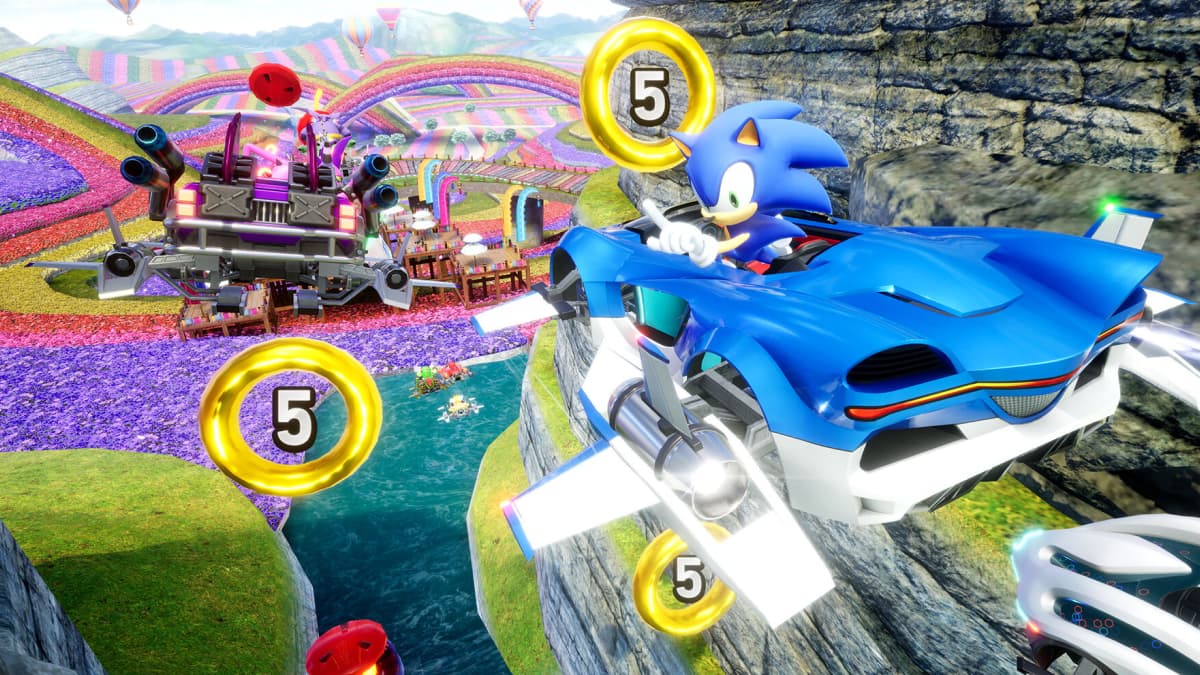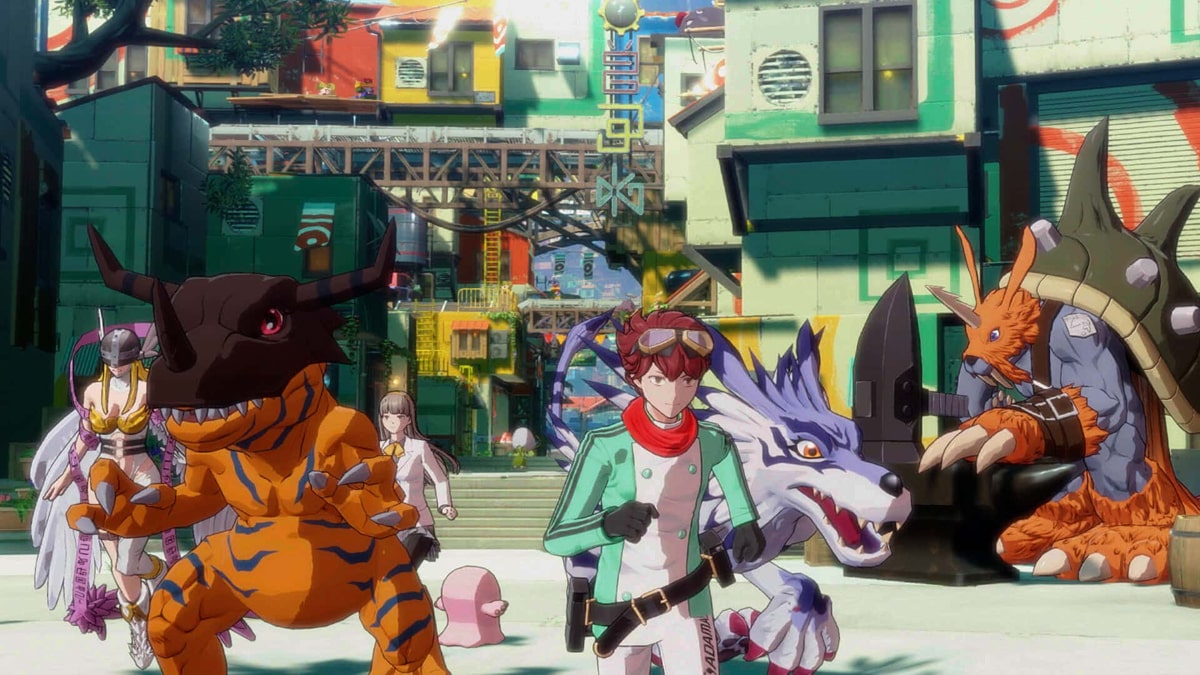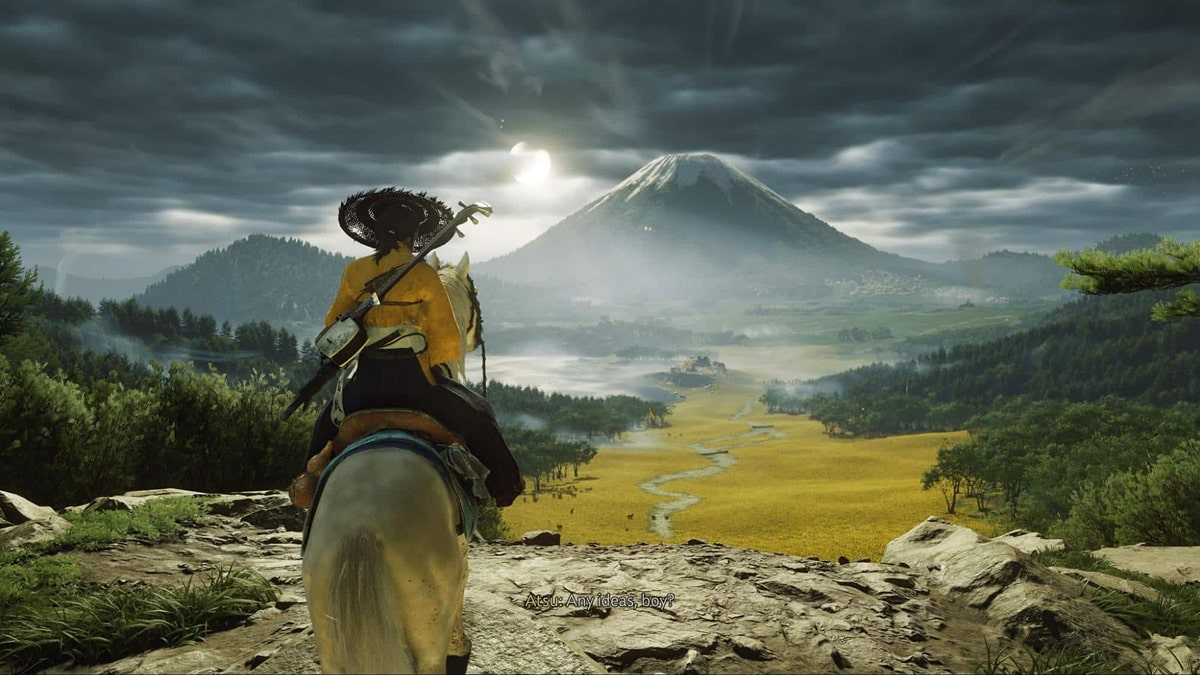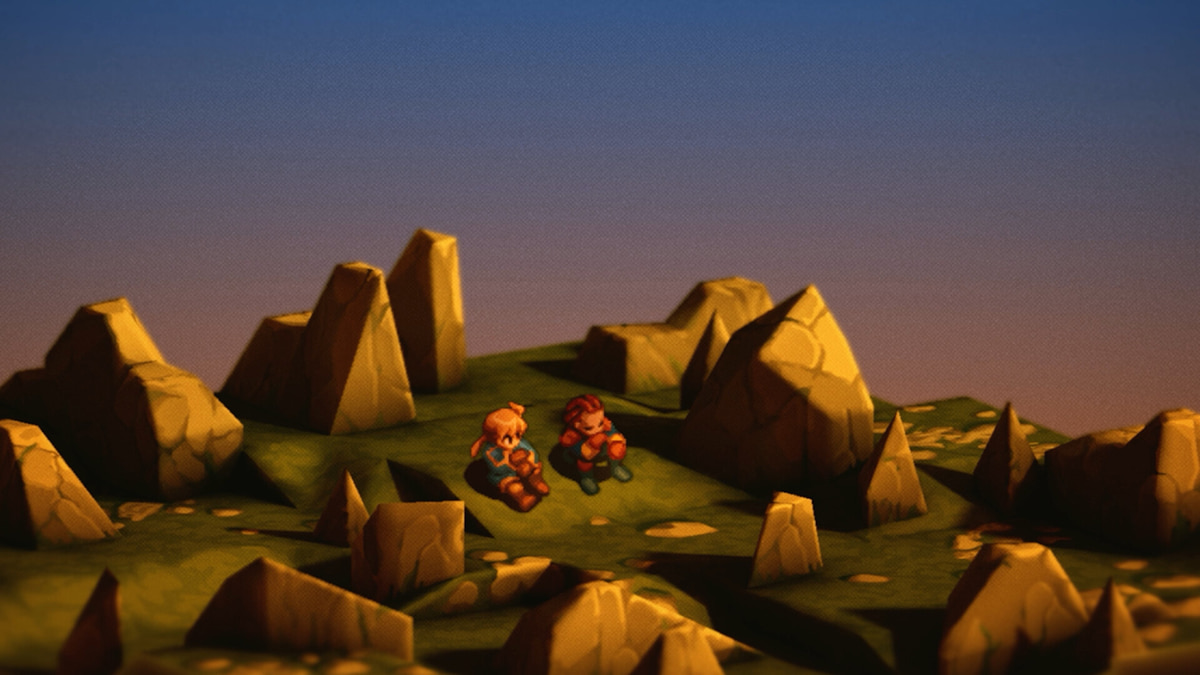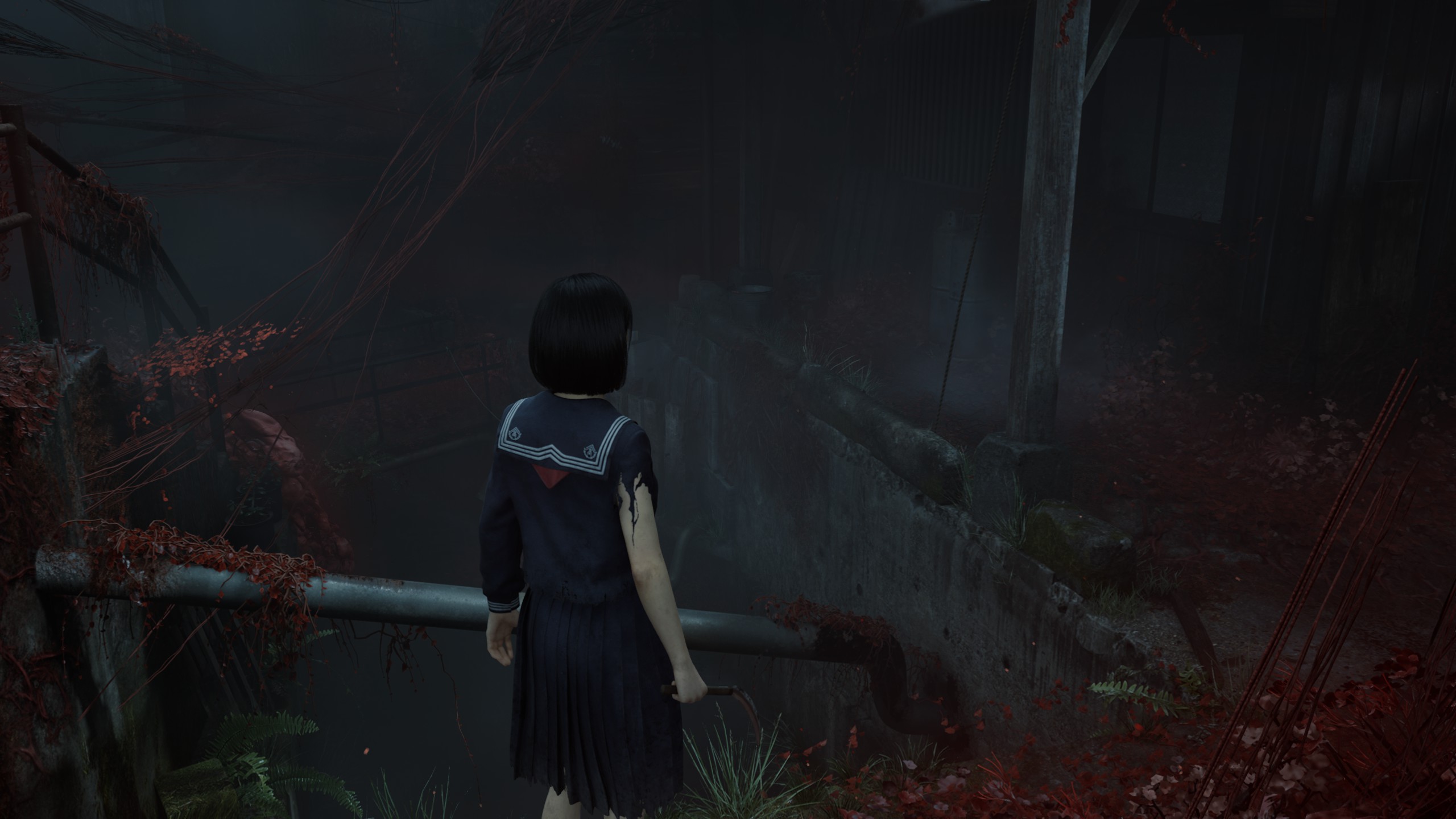You can trust VideoGamer. Our team of gaming experts spend hours testing and reviewing the latest games, to ensure you're reading the most comprehensive guide possible. Rest assured, all imagery and advice is unique and original. Check out how we test and review games here
Dante’s Inferno, an apocalyptic vision of hell originally completed in the year 1314, was inevitably dominated by 14th-century concerns. Its assorted cast of heretics, pagans and hypocrites now seems outdated to say the least. An updated 21st-century version would need a radically expanded underworld to accommodate modern evil in all its various forms: predatory paedophiles in the ninth circle of hell, Premier League referees rubbing shoulders with the incontinent and the lascivious in the second circle, and especially unique forms of suffering invented especially for Daily Mail journalists and Conservative MPs.
It’s entirely understandable that videogames weren’t much of a consideration for Dante. In our updated version of the Inferno, however, there would surely be a special space reserved for the makers and sellers of licensed games. Nothing debases a cherished memory quite like a poorly-conceived, hastily-written cash-in. Whether your frame of reference is Goldeneye: Rogue Agent or the Spectrum Street version of Street Hawk, everyone’s got a tale of a game based on something they love that has somehow managed to spoil that love and turn it bad with its sheer mediocrity.
Fans of Astro Boy should be well acquainted with disappointment, the seminal 1960s cartoon series having already been remade twice to date with progressively diminishing returns each time. In theory Astro Boy should be perfect videogame fodder: it’s zany, fast-paced, crudely animated, not particularly concerned with consistency, and wildly inventive. In practice, it’s been turned into a series of underwhelming boss fights punctuated by dull, slow-paced exploratory sections. It finishes abruptly just as any other game would just be getting started. The fact that the once-mighty Sonic Team is responsible for this travesty merely adds insult to injury.
Astro Boy himself, a rather disturbing boggle-eyed marionette in black vinyl underpants, is the Frankenstein-esque creation of a mad scientist seeking to replace his lost son. Instead of going on an insane killing rampage in traditional fashion, though, Astro Boy turns out both sickeningly cute and irrepressibly good, taking to the skies above Metro City in order to fight crime and save the day. He’s aided in this task by an unlikely array of gadgetry and a succession of special abilities ranging from rocket feet to x-ray vision.
Actually playing Astro Boy boils down to little more than a succession of boss fights. In theory this could have been an incredibly pure approach, removing all the superfluous gameplay elements and distilling the game down to its essence; a kind of Warning Forever of the 3D action genre. In practice, it feels more like the developers forgot to code the rest of the game. Navigating from one boss to the next usually involves little more than flying home, talking to someone, then flying to the place that’s lit up on the map. The city itself is small and almost entirely empty, so you’ll find yourself taking the most direct route to the next level without even stopping to admire the scenery. Not that there’s really much scenery to admire – the graphics in Astro Boy are flat and lifeless and look at least five years out of date.
When you actually reach one of the game’s bosses, you’re likely to spend most of your time fighting the controls rather than your enemy. With the left analogue stick used for directional control, the right analogue stick used for vertical positioning, and virtually every button on the controller used for combat or camera controls, it’s something of a logistical nightmare. Context-sensitive actions mean that the slightest error in positioning can result in Astro Boy spinning away from the enemy instead of launching the attack you intended. Combined with the diabolical camera, which requires constant manual correction to point even vaguely in the direction you want to face, Astro Boy’s control system is a challenge in itself.
In fact, it’s pretty much the game’s only challenge, because apart from the control system Astro Boy is actually very easy, as well as pathetically short. A handful of bosses, a couple of derisory levels and a few hours’ play is about all you can expect from this title, unless you’re inclined to tackle the small number of extremely dull subquests – including the world’s most tedious and drawn-out collection quest – which are dotted around the game world. Most of the bosses can be defeated using the same basic moves, and once you’ve worked out their attack patterns it’s merely a case of wrestling with the controls until victory is achieved. Of course, there’s nothing wrong with producing a game based on a cartoon that’s easy to play and caters for the short attention span of small children – but in this case, the dull gameplay and confusing controls are going to put off all but the most determined. It’s hard to see who this is supposed to be aimed at.
The main problem with Astro Boy is how unfinished it feels. Everything from the empty game world to the long loading times to the clunky control system speaks of a game that needed many months’ more work. It’s impossible to escape the conclusion that Sonic Team has expended the bare minimum of effort in producing a game that looked roughly like the cartoon, before slapping a logo on it and hoping it would sell – in short, the same process that licensed games have been subjected to since time immemorial. The GBA incarnation of Astro Boy, made by the rather more conscientious Treasure, is an immeasurably superior product.
It’s unlikely many people will play this PlayStation 2 version of Astro Boy, and that’s exactly how it should be. But maybe, in the end, our 21st-century Dante would have taken pity on the game’s makers. After all, there’s no actual malice here, just an awful lot of laziness and cynicism as well as lack of regard for the source material. Condemning Sonic Team to rot in hell seems, well, just a bit too medieval, however tempting the idea might seem to those who’ve had to sit through this game. A simple warning on the packaging might suffice to alert people to the game’s shoddy nature, and maybe, as with Dante’s vision of Hell, we could go for the classic option. So, if you’re thinking of buying the PlayStation 2 version of Astro Boy, there’s one thing you need to consider. Abandon hope, all ye who enter here.

